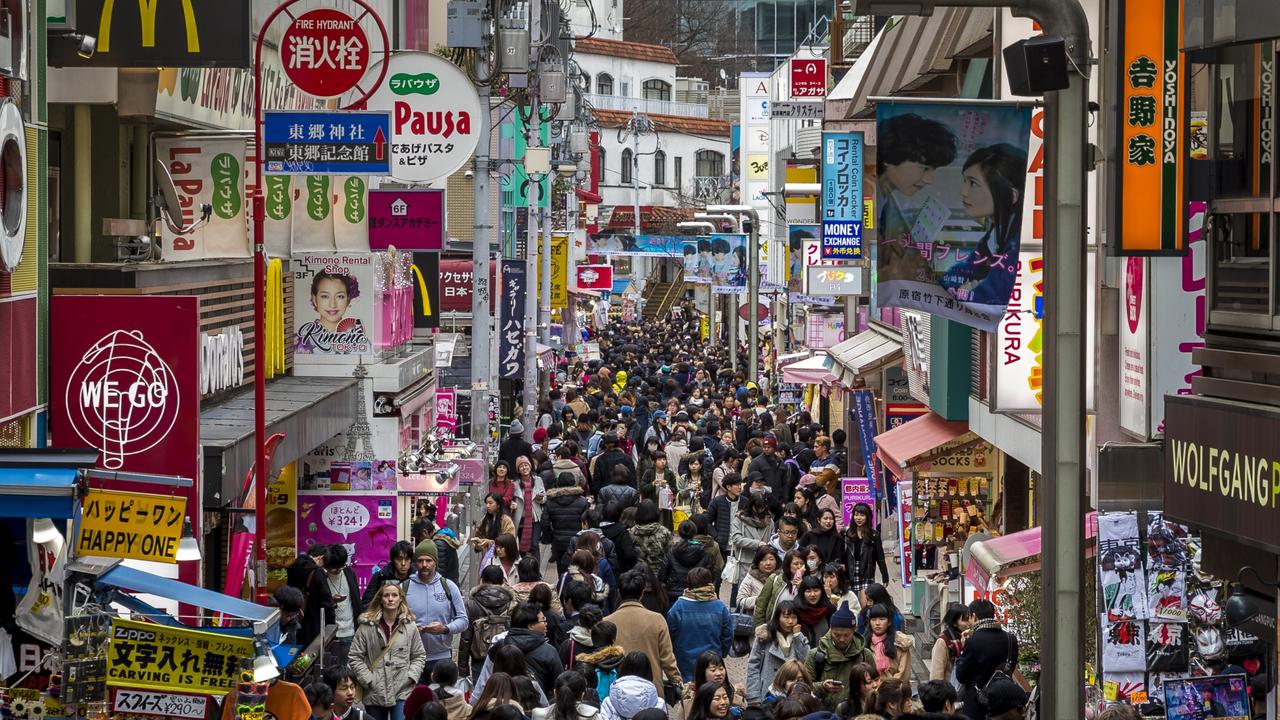[ad_1] The number of babies born in Japan last year fell to the lowest since records began in 1899, as the government warns the next six years to 20
[ad_1]
The number of babies born in Japan last year fell to the lowest since records began in 1899, as the government warns the next six years to 2030 may be the country’s “last chance” to reverse the trend.
Births fell for the eighth straight year to a new record low of 758,631, a 5.1 per cent decline on 2022, marking the lowest number of births since Japan started collecting statistics 125 years ago, according to figures released on Tuesday by the Health and Welfare Ministry.
Marriages fell 5.9 per cent to 489,281, falling below half a million for the first time in 90 years, the Associated Press reported.
The low number of marriages is one of the key reasons for declining births as out-of-wedlock babies are rare in Japan, with younger Japanese reportedly blaming high cost of living and lack of job prospects for their decision to put off marrying and having families.
Marriages had already fallen to the lowest point since World War II during Covid and the number sank even lower in 2021.
“People tend to get married and give births later in life, and in addition to this, the coronavirus may have affected marriages and births,” a health ministry official told The Japan Times.
Chief Cabinet Secretary Yoshimasa Hayashi told reporters on Tuesday that the ongoing declining birthrate was at a “critical state”.
“The period over the next six years or so until 2030s, when the younger population will start declining rapidly, will be the last chance we may be able to reverse the trend,” he said. “There is no time to waste.”
Prime Minister Fumio Kishida has previously described the declining birthrate as the “the biggest crisis Japan faces”, warning last year that the country was “standing on the verge of whether we can continue to function as a society”.
“Focusing attention on policies regarding children and child-rearing is an issue that cannot wait and cannot be postponed,” he said last January.
A package of measures put forward by the Kishida government and adopted earlier this month included more support and subsidies for childbirth, children and their families such as childcare and leave benefits.
The government plans to boost funds for these measures to 3.6 trillion yen ($36.7 billion) by the 2028 financial year, The Japan Times reported.
But experts have warned the measures may not succeed as they are mainly focused on people who are already married or planning to have children and do not adequately address the growing population of young people reluctant to take the first step, according to the Associated Press.
Births in Japan peaked at 2.1 million about 50 years ago and have been falling since then, with the decline to below 760,000 coming earlier than originally projected by 2035.
Japan’s total population of more than 125 million declined by 831,872 in 2023, marking the 17th straight year that deaths exceeded births and the biggest fall on record.
The National Institute of Population and Social Security Research has projected the population will fall by about 30 per cent by 2070, when four out of every 10 people will be aged 65 or older.
Currently around 29 per cent of Japanese are 65 or older, and one in 10 are aged 80 or older.
Tesla boss Elon Musk has also commented on Japan’s demographic woes, warning it may eventually “cease to exist”.
“At the risk of stating the obvious, unless something changes to cause the birthrate to exceed the death rate, Japan will eventually cease to exist,” he said in 2022. “This would be a great loss for the world.”
[ad_2]
Source link



COMMENTS